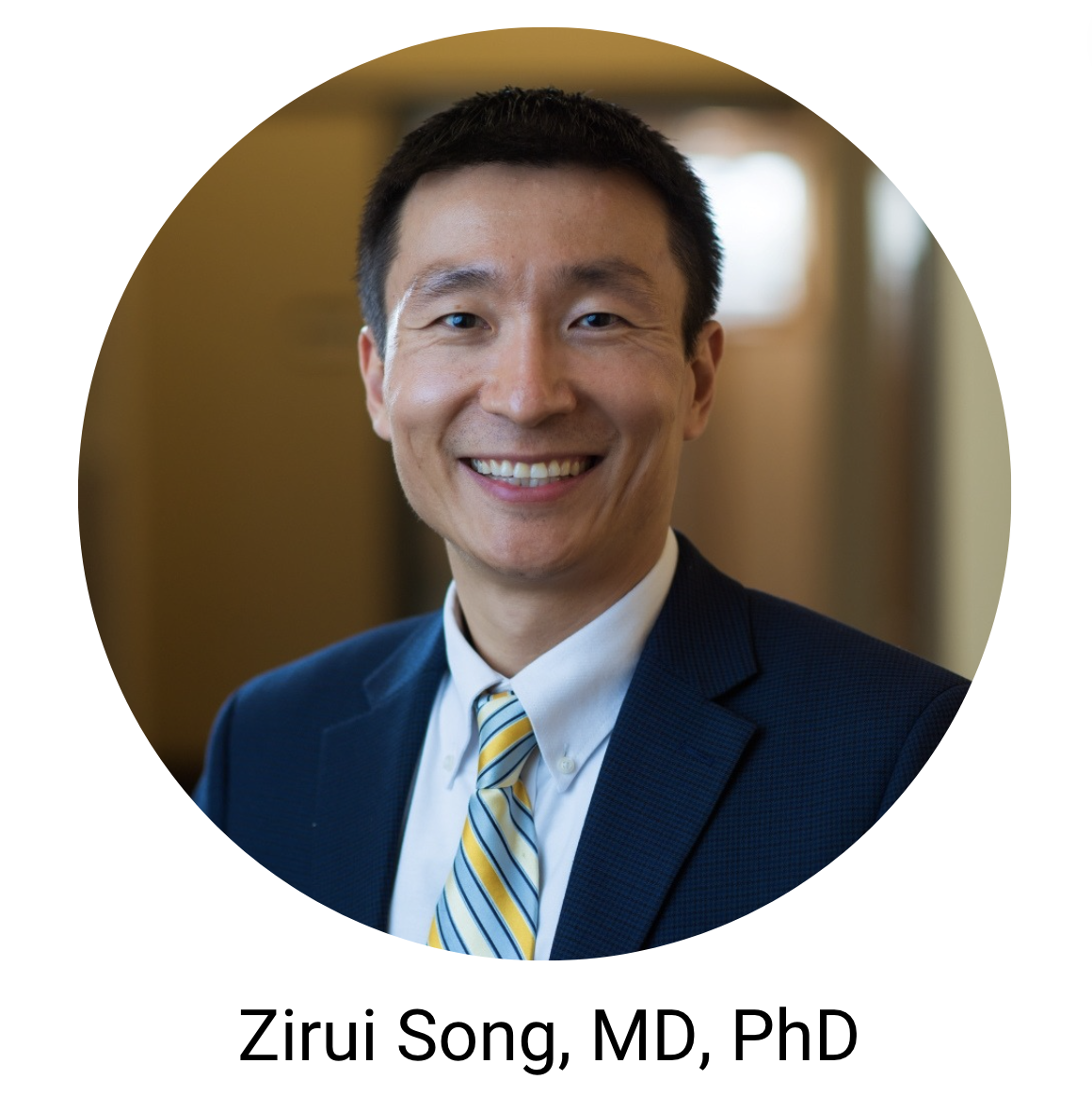NewsMay | 6 | 2024
Research Spotlight: What are Special Purpose Acquisition Companies in the U.S. Healthcare System?

Zirui Song, MD, PhD, a physician investigator in the Department of Medicine at Massachusetts General Hospital and an associate professor of Health Care Policy and Medicine at Harvard Medical School, is the senior author of a recently published perspective in the New England Journal of Medicine, Corporate Medicine 2.0 — Special Purpose Acquisition Companies in the United States.The article’s lead author is Nishant Uppal, MD, MBA, a resident at Brigham and Women’s Hospital.
What Question Were You Investigating?
In this perspective, we asked the question: what are special purpose acquisition companies (SPACs), and how are they being used in health care?
The financial sector is increasingly involved in U.S. healthcare. Physicians, patients and the public deserve to know about the corporate tactics that are being used by for-profit organizations.
We describe one such tactic, special purpose acquisition companies (SPACs), which are shell companies used to help companies go public on the stock market.
This is important for patients and physicians at private equity-owned organizations, which could be affected by this method. We raise concerns that SPAC activity may affect health care utilization, prices, and patient outcomes.
In this perspective, we asked the question: what are special purpose acquisition companies (SPACs), and how are they being used in health care?
What Methods or Approach Did You Use?
This was a perspective piece, so our methods for reporting on SPACs relied on our analysis of PitchBook data (a third-party source of financial transactions) and press releases for major SPAC deals in health care over the last several years.
What Did You Find?
We found that SPAC activity is larger than expected in health care - 107 SPACs were launched in 2021 listed health care companies as their intended target and raised a total of $23 billion. We also found evidence of several major health care deals involving SPACs, including 23andMe, Cano Health, Talkspace, and others.
What are the Implications?
This is important for patients and physicians at private equity-owned organizations, which could be affected by this method. We raise concerns that SPAC activity may affect health care utilization, prices, and patient outcomes.
What are the Next Steps?
Further research is needed to understand whether SPACs are affecting health care prices, utilization of services, and patient outcomes. Policymakers are likely to interact more with SPACs in health care going forward.
Paper cited:
Uppal, N., & Song, Z. (2024). Corporate Medicine 2.0 - Special Purpose Acquisition Companies in the United States. The New England journal of medicine, 10.1056/NEJMp2400608. Advance online publication. https://doi.org/10.1056/NEJMp2400608
Type
Centers and Departments
Topics
Check out the Mass General Research Institute blog
Bench Press highlights the groundbreaking research and boundary-pushing scientists working to improve human health and fight disease.
Support Research at Mass General
Your gift helps fund groundbreaking research aimed at understanding, treating and preventing human disease.
